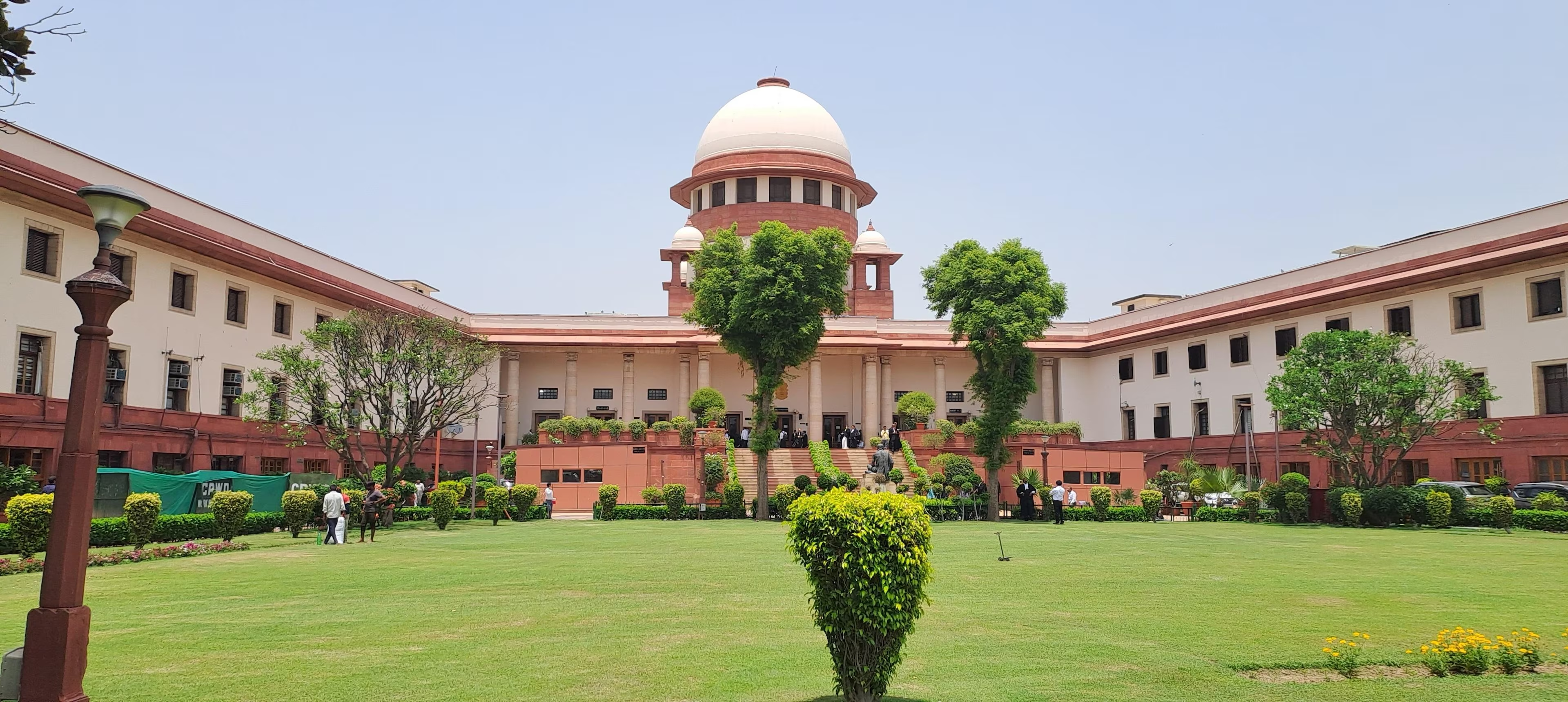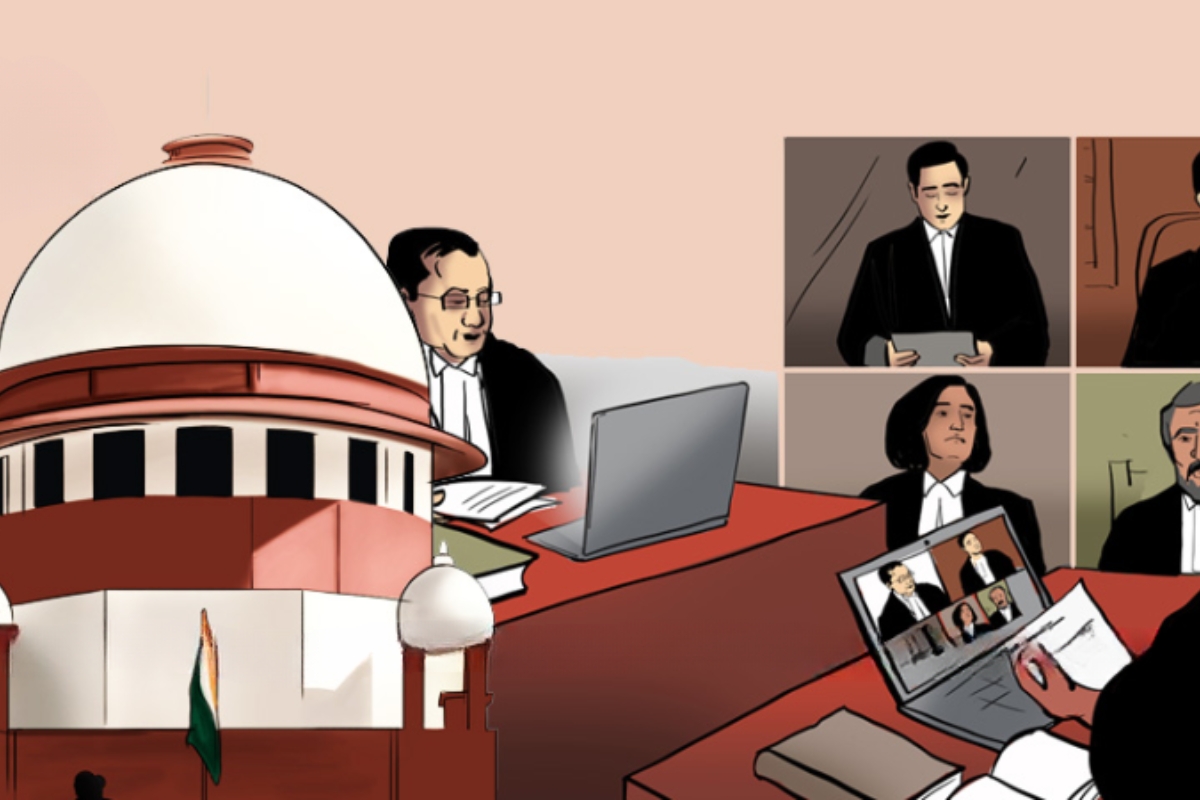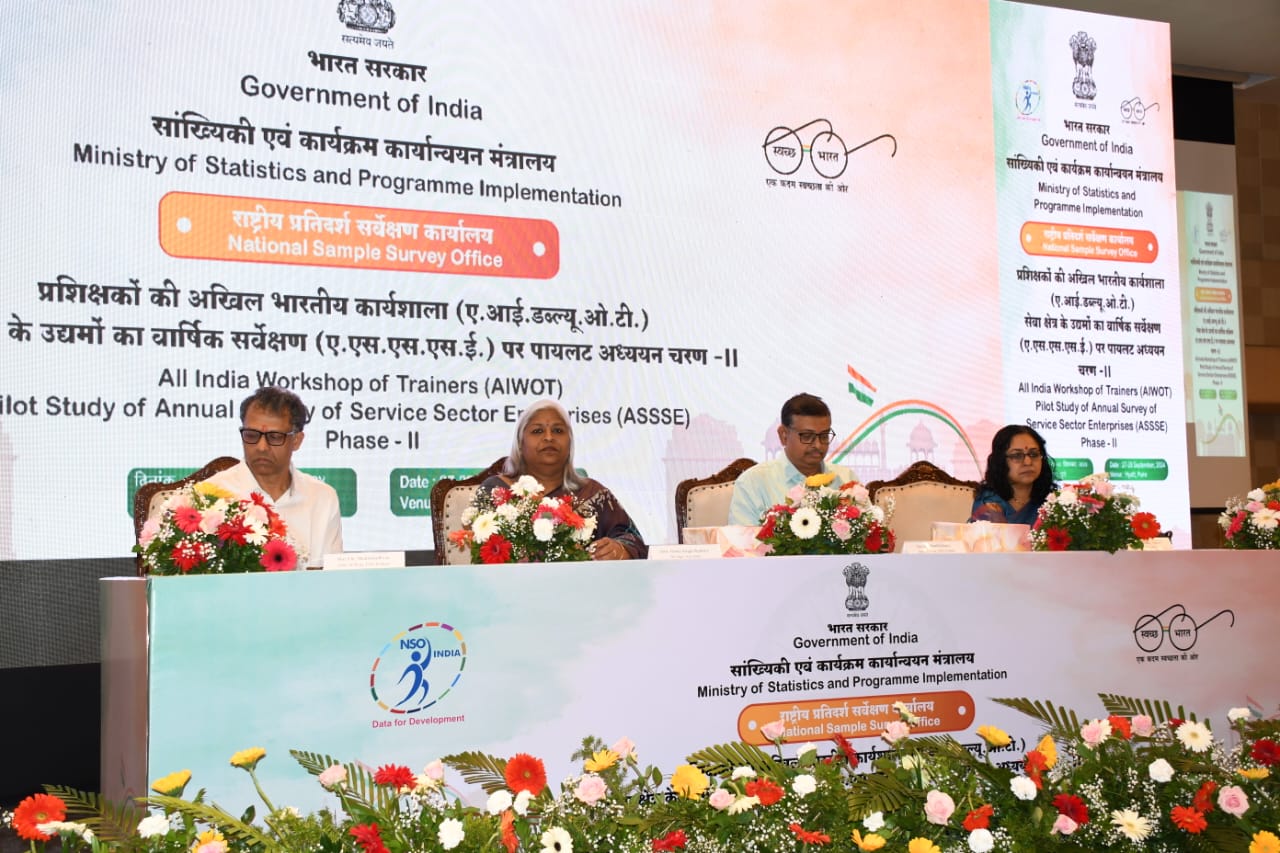- Courses
- GS Full Course 1 Year
- GS Full Course 2 Year
- GS Full Course 3 Year
- GS Full Course Till Selection
- CSAT
- 5 LAYERED ARJUNA Mentorship
- Public Administration Optional
- Online Program
- GS Recorded Course
- NCERT (Recorded 500+ Hours)
- Polity Recorded Course
- Geography Recorded Course
- Economy Recorded Course
- AMAC Recorded Course
- Modern India, Post Independence & World History
- Environment Recoded Course
- Governance Recoded Course
- Science & Tech. Recoded Course
- International Relations and Internal Security Recorded Course
- Disaster Management Module Course
- Ethics Recoded Course
- Essay Recoded Course
- Current Affairs Recoded Course
- ABOUT US
- OUR TOPPERS
- TEST SERIES
- FREE STUDY MATERIAL
- VIDEOS
- CONTACT US
Courts Have Limited Powers to Modify Arbitral Awards: Supreme Court
Courts Have Limited Powers to Modify Arbitral Awards: Supreme Court
02-05-2025

Key Judgment: Gayatri Balasamy v. ISG Novasoft Technologies Ltd.
- The Supreme Court clarified that courts can modify arbitral awards under limited and specific circumstances.
- This power arises under Section 34 or 37 of the Arbitration and Conciliation Act, 1996.
When Can Courts Modify Arbitral Awards?
- Severability of Award: Courts may modify the award if the invalid portion can be separated from the valid one without affecting the whole.
- Legal Doctrine Invoked: The court cited "omne majus continet in se minus" – the principle that the greater power to set aside an award includes the lesser power to modify it in part.
- Clerical or Typographical Corrections: Errors involving computation, clerical mistakes, or typos may be corrected.
- Interest-Related Modifications: Post-award interest may be altered in certain conditions to align with justice.
- Article 142 of the Constitution: The court may use its powers under Article 142 to do complete justice, but only when consistent with the spirit of the 1996 Act.
Arbitration in India
- Definition: Arbitration is part of Alternative Dispute Resolution (ADR) mechanisms, where disputes are resolved outside courts through a mutually agreed private adjudication process.
- Other ADR Modes: Includes conciliation and mediation alongside arbitration.
- Why It Matters: Arbitration is considered less adversarial, faster, and more flexible than traditional litigation.
- Legal Basis: Governed by the Arbitration and Conciliation Act, 1996, based on the UNCITRAL Model Law (1985).
Key Legal Provisions in the 1996 Act
- Section 34(1): Allows recourse to a court only for setting aside an arbitral award, not for modifying it entirely.
- Section 37: Specifies appealable orders including those related to interim measures and setting aside awards.
Positive Aspects of the Judgment
- Equity Through Article 142: Enables courts to ensure fairness in commercial disputes without compromising legal principles.
- Avoids Re-Arbitration: Saves time and cost by modifying only the problematic portion, rather than starting arbitration afresh.
Concerns and Challenges
- Risk to India’s Arbitration Hub Aspirations: Expanded judicial powers may prompt businesses to prefer international arbitration venues, undermining India’s intent to become a global arbitration centre.
No Distinction in Law: The 1996 Act does not differentiate between domestic and international arbitration, raising concerns for global investors
|
Also Read |
|
| Public Administration Optional | |
| UPSC Monthly Magazine | Question Answer Practice For UPSC |




